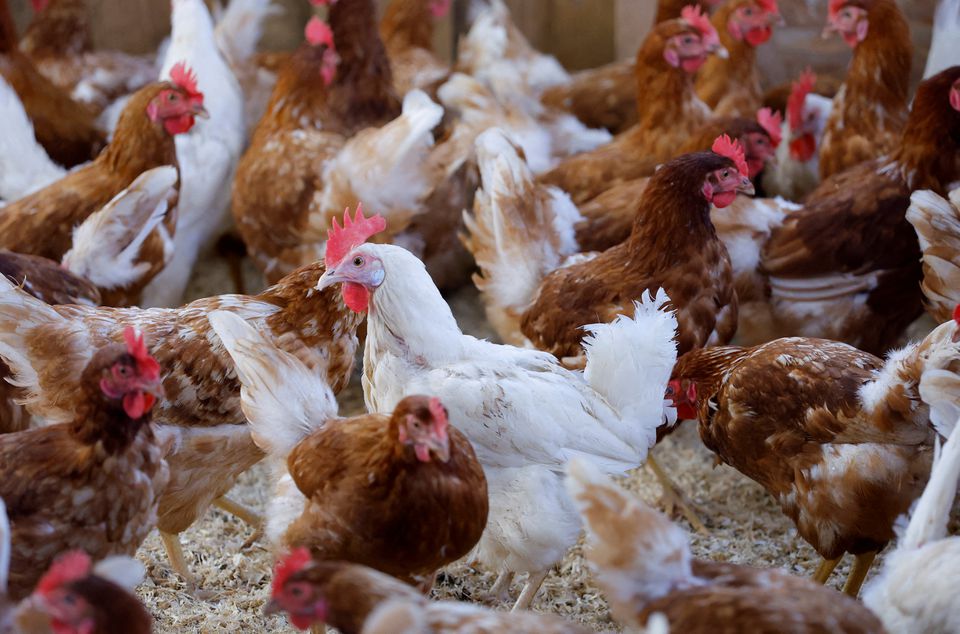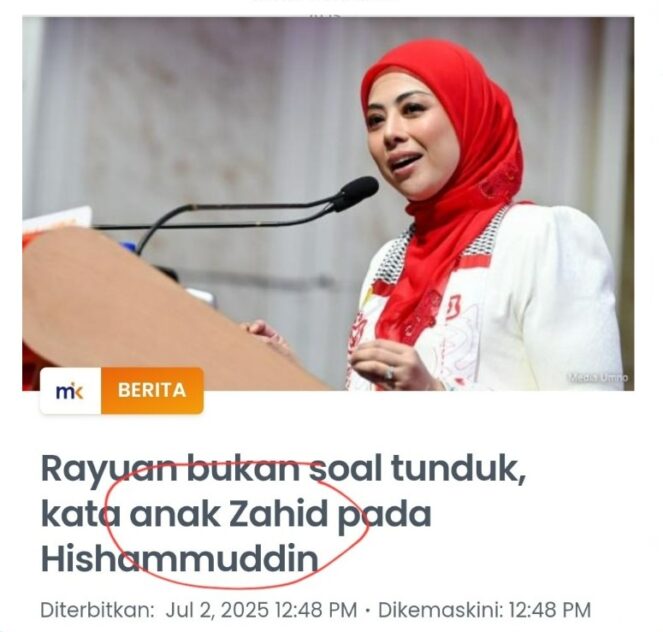THE impact of the upcoming chicken export halt on industry players is regarded as muted as exports account for only a small percentage of their sales, said an economist.
According to Malaysia University of Science and Technology (MUST) economics professor Dr Geoffrey Williams despite the fact that Malaysia will stop exporting up to 3.6 million chickens a month from June 1 in an effort to stabilise chicken prices and production, the players are still expected to benefit from the local market.
Williams however noted that exporters would lose market share and income and thus suggested that a compensation scheme be drawn up for these exporters should it not already exist.
“Their feedstock could be subsidised or they could be given tax concessions,” he told national news agency Bernama.
“Nonetheless,) their business will survive. They will just have to weather this tough time until things settle down. In the long term, they can look at having better business models.”
Yesterday, Prime Minister Datuk Seri Ismail Sabri Yaakob announced the Cabinet’s decision to ban chicken export following an outcry by consumers over the shortage and high prices of chickens.
Williams, who is also a MUST provost for research and innovation, described the export halt as a good short-term solution for the shortage, which is becoming acute.
However, he noted that such a move is not a long-term solution as the price caps will eventually make it more difficult to earn money from the business.
Williams further noted that the Government is doing the right thing to stabilise the market by abolishing the approved permit requirement for importing chickens – including whole chickens and chicken parts – as well as investigating claims that cartels are controlling chicken prices and production among the larger companies.
Lower income following export halt
Bernama further reported that one of the biggest poultry players in Malaysia – which currently exports chickens to Brunei – is expecting monthly sales to be lower by around RM500,000.
“We continuously send 50 tonnes of whole chicken to Brunei every month. Therefore, the company will experience lower income following the export halt,” its spokesman told the national news agency.
However, the spokesperson pointed out that the company is now focusing on the local market, which represents 98% of the total sales.
“Previously, we sold 20,000 chickens daily and the number dropped 20% during the shortage period. Hence, we are now focusing on local demand, mainly in retail supermarkets,” he said, adding that the company recorded RM13 mil sales per month prior to the shortage.
In addition, the company is still waiting for Department of Veterinary Services to work on the mechanism of the export halt, he added.
Meanwhile, Farm’s Best Food Industries Sdn Bhd sales manager Lee Kuan Loong told Bernama the company is exporting about 10,000 chickens to its sister company in Singapore once every two months, which can generate about RM30,000.
He said following the shortage issue, the company experienced a revenue loss of about 50–60% recently and the upcoming export halt may also result in lower revenue.
“We export five per cent of our products to Singapore while having a strong presence in Malaysia,” he said.
“The decision by the government may result in temporary disruptions to the supply of chickens in Singapore.” – May 25, 2022









